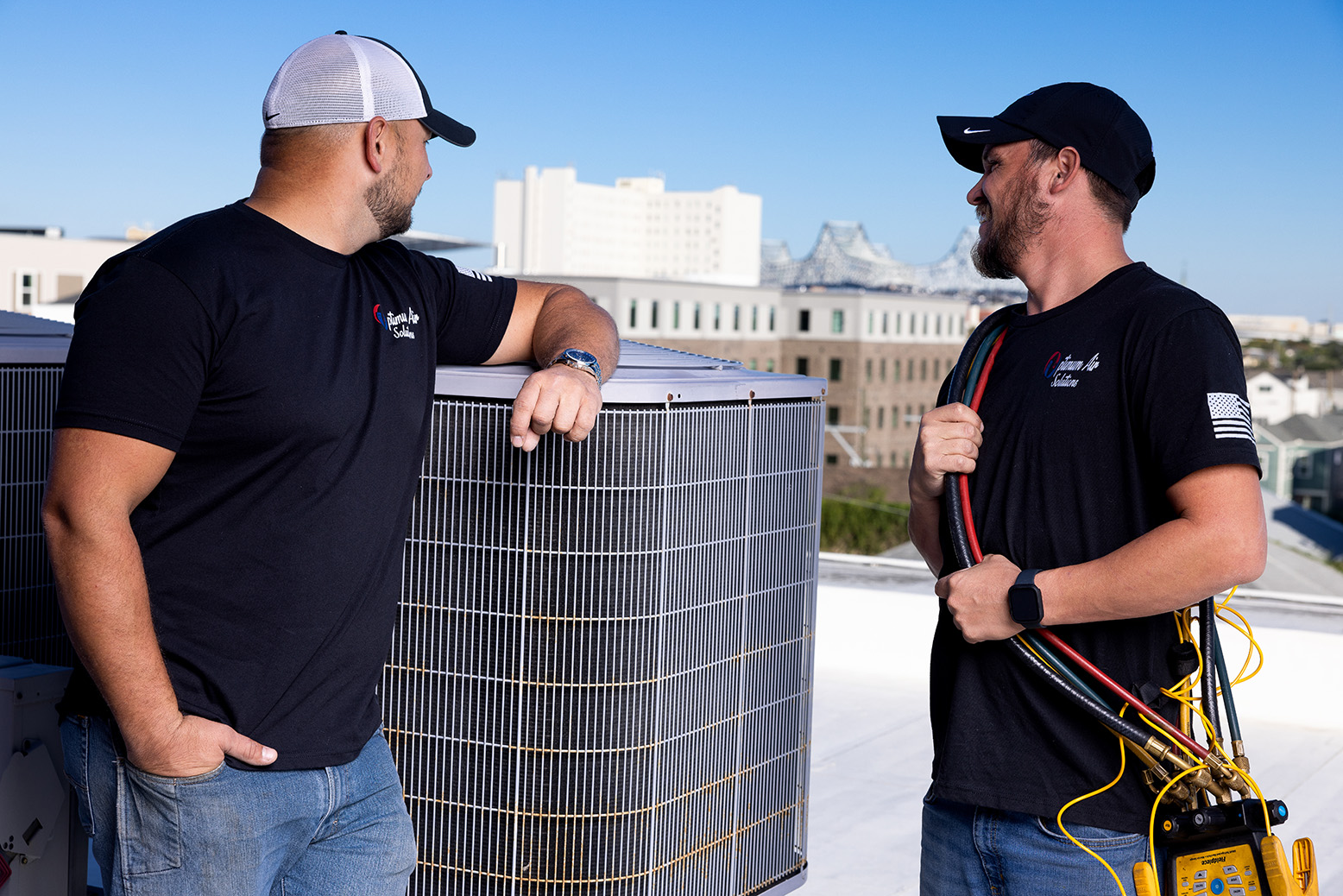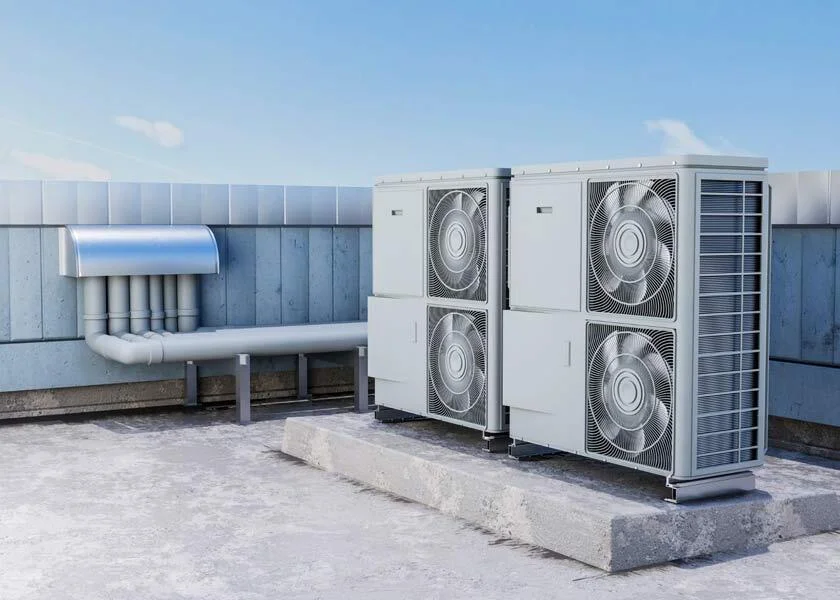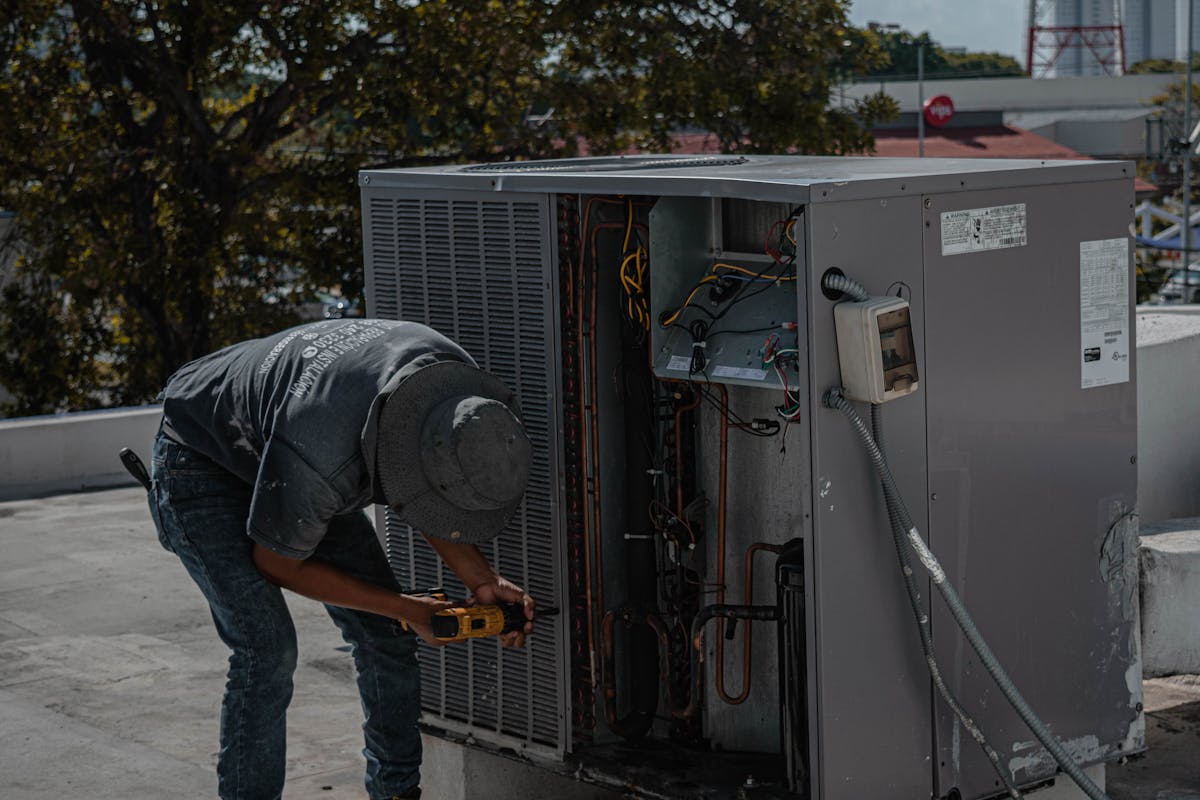
If you aren’t hyper-aware of the inner workings of your home, you might not know how crucial a role your water heater plays. Whether we’re talking about hot water for showers, dishes, or laundry, your hot water is not going to last forever. That said, knowing how often to change your water heater can be a game changer.
When it comes to mitigating expensive breakdowns and repairs and keeping up your system’s energy efficiency you have to know when to replace your unit, and this guide is going to be a comprehensive guide on the matter!
If you’re a homeowner wondering when you should replace your unit, we’ll talk about some of the fundamentals of a water heater’s lifespan, indicators that it’s time to replace it and a few tips for picking out the right unit!
Let’s dive in.
Understanding the Lifespan of a Water Heater
When you’re thinking about how often to change your water heater, one of the biggest components to think about is the lifespan of your unit. More often than not, a traditional tank water heater can last anywhere from 8 to 12 years, depending on how well it’s maintained. On the other hand, their tankless counterparts can last 20 years or more if properly cared for. It’s important to note that there are a lot of factors that have an influence on the lifespan of your water heater including:
- Water Quality
Sediment can build up due to hard water and high mineral content. This can cause the shortening of your water heater’s lifespan.
- Frequency of Use
When you’re maintaining a household with a heavy use of water, you are more likely to wear your unit out faster than one with light usage.
- Maintenance
Don’t neglect your maintenance! Regular maintenance can help elongate your water heater’s lifespan. Through services like tank flushing and inspection, you can count on saving yourself a lot of heartache.
While these are some pretty general guidelines, it’s important to understand that each homeowner should consider their own unique circumstances when choosing how often to change their water heater.
Signs It’s Time to Replace Your Water Heater
Just because your water heater hasn’t hit the benchmark for the end of its life, doesn’t mean that there can’t be telltale signs of replacement. Here are a few indicators to keep your eye out for:
Age of the Unit
If your heater is more than 10 years old, start planning for a replacement–even if it’s still working. If you’re having your water heater regularly inspected will help you verify whether replacement is necessary.
Inconsistent Hot Water Supply
If you notice that your water isn’t heating efficiently, you might be seeing signs of a failing heating element or sediment buildup.
Discolored or Rusty Water
Rusty water will usually be a signal of corrosion inside of your water heater tank, which could eventually lead to leaks. Save yourself the hassle, and make sure you’re getting regular check-ups on your water heater.
Unusual Noises
If you’re hearing strange noises, this is a strong indication that you have some sediment buildup in your tank. It reduces efficiency and causes damage to the unit.
Visible Leaks or Corrosion
If you happen to notice any water pooling around your heater or any visible corrosion, that is a very clear sign that you’re in need of a replacement.
These signs will usually align with the frequency of your water heater replacement which will be recognized and recommended by your technician.
The Benefits of Timely Replacement
When you are proactive in the replacement of your water heater, you’re opening yourself up to a healthy amount of advantages. Not only will you be avoiding unexpected breakdowns, but you can count on your new unit to operate a lot more efficiently. With efficiency comes a reduction in energy consumption and utility bills.
Timely replacement of your water heater mitigates the risk of leaks and other water damage, which saves you from having to extend your wallet towards repairs that involve more than just your water heater.
The Importance of Regular Maintenance
Replacement is inevitable, so there is a serious need for proper hating maintenance if you want to prolong your unit’s lifespan. Yearly tasks like flushing your tank for sediment removable and inspecting the anode rod will help in the long run.
Through regular maintenance, you’ll be able to make sure that your water heater is properly prepared for your household’s demands.
Do you see a water heater replacement in your future, the Optimum Air Solutions team is here to help! If you’re not sure about the condition of your water heater, you can schedule a consultation with us, and we’ll deliver some personalized solutions to help your home get back on the right track.
Click here to speak with the team!
continue reading
Related Posts
There’s a simple truth when it comes to your HVAC
“Efficiency isn’t just about comfort. It’s about cost and resale.”
“An ounce of prevention is worth a pound of cure.”






